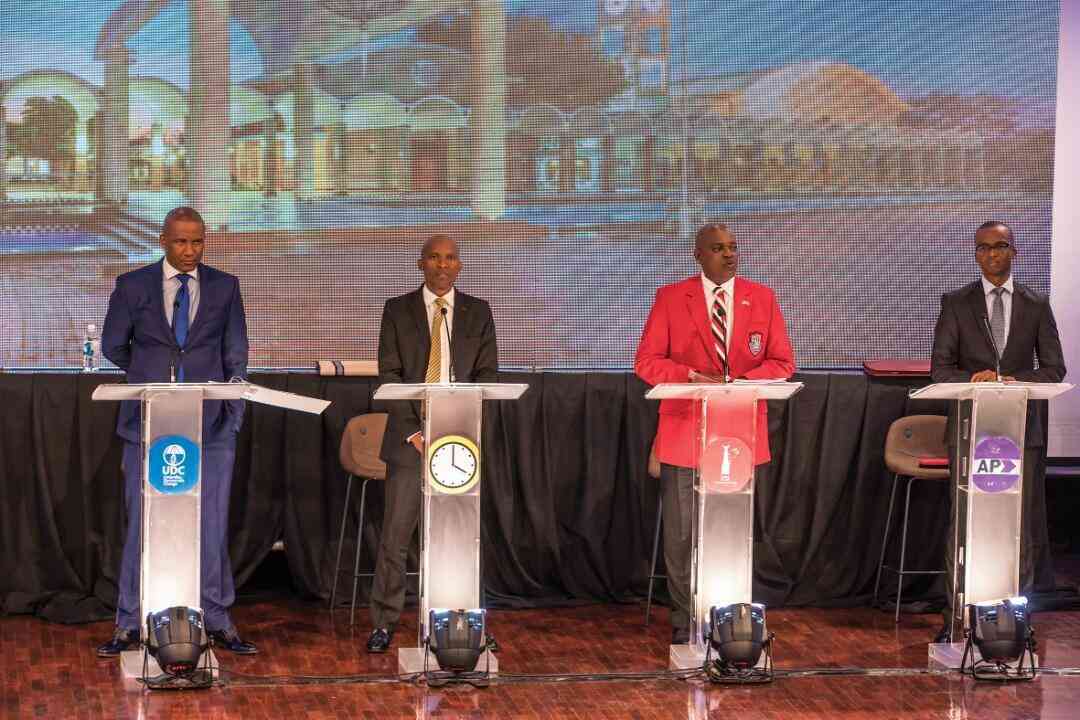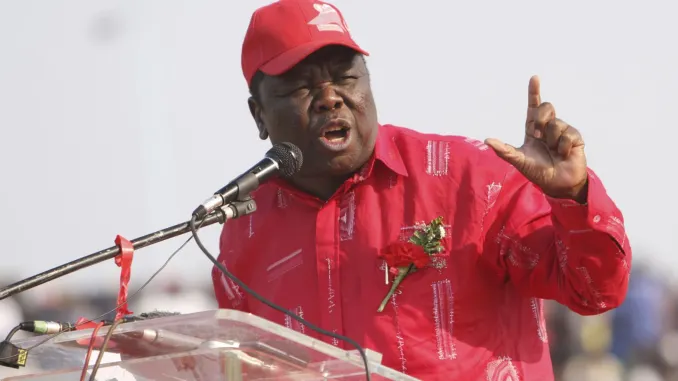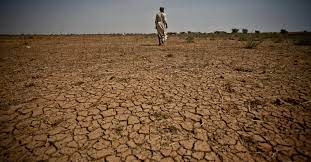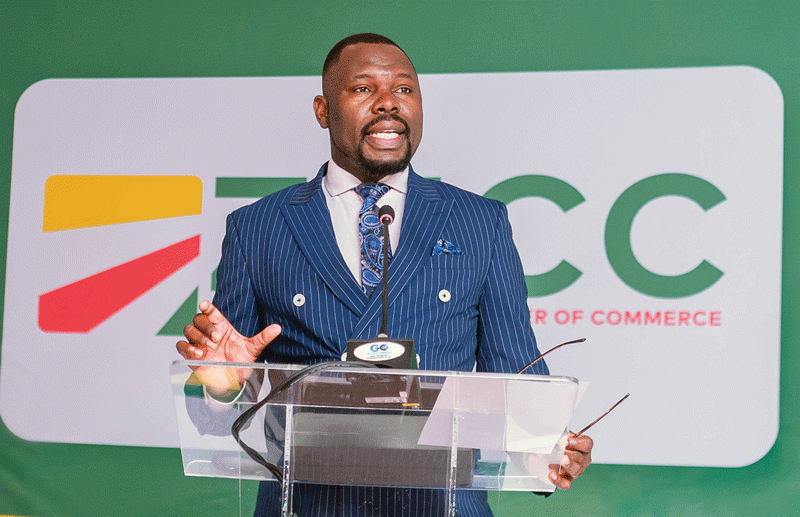
The recent Botswana general elections underscored its dedication to democracy and peaceful transition of power.
This ought to set a powerful and compelling inspiration for other countries globally and particularly in the Southern African Development Community (Sadc) region. While Botswana and Mozambique held elections recently, by comparison, the electoral and democratic outcomes for the two countries differ significantly. Botswana stands out as a model of electoral governance and democratic practice.
Although anomalies were raised during the electoral process, they did not affect the electoral processes and overall outcome of the election, reaffirming the integrity of Botswana's democratic system.
Administered by the Botswana Independent Electoral Commission (IEC), which is generally considered independent and capable, the Botswana general elections came as the country’s 13th consecutive democratic and stable elections since 1965.
Then President Mokgweetsi Masisi of the Botswana Democratic Party (BDP) sought a second and final term in office in line with the 1997 constitutional amendment introducing term limits.
Despite Botswana’s strong democratic reputation, the BDP dominated politics for nearly six decades, since independence in 1966.
However, dominance was slowly waning as reflected by an Afrobarometer survey published in July 2024 indicating a significant shift in satisfaction with the system. Just 30% of respondents in the country expressed satisfaction with democracy, down from 70% a decade ago — which was among the steep drops on the continent.
This opinion poll reflected the result, marking a historic moment, for the first time in its democratic journey.
- Zimcodd red flags wage erosion
- Village Rhapsody: Zimbabwe needs to reduce teen pregnancies
- Community trailblazers: Chipo Gozho: An inspiration to today’s women
- Sherwood Golf Club reopens for live shows
Keep Reading
The nation of about 2,5 million people is now being governed by a different party.
The BDP, one of the longest-serving parties in Africa, was defeated in a tight race with four other political parties. This followed an equally momentous shift in neighbouring South Africa, where the African National Congress lost its 30-year majority in an election in May, and was forced to share power for the first time.
Best practice, take-aways
The peaceful nature of Botswana's elections and the subsequent transfer of power contribute to regional stability.
A stable Botswana can serve as an anchor for democracy in Sadc, encouraging cooperative efforts among member states to uphold democratic values.
In contrast, ongoing political unrest in Mozambique poses risks that can potentially destabilise the region politically, highlighting the importance of strong governance in maintaining peace and order.
Apart from threatening regional peace and security, electoral violence poses significant challenges to regional economic cooperation, affecting trade, investment, and overall stability.
In this instance, disruption of trade, transportation and logistics is witnessed through the South African government’s temporary closure of the main border post with Mozambique over safety concerns amid escalation of post-election protests.
Democratic legal frameworks
Botswana’s entire electoral process took place in a peaceful environment conducive for the conduct of elections and consistent with Botswana’s electoral laws.
The 2024 elections were conducted in accordance with the 1966 Constitution, the 1969 Presidential Elections (Supplementary Provisions) Act, the 1968 Electoral Act, and the 2012 Local Government Act.
Further, the 2024 general elections were largely compliant with continental and international standards such as the Sadc Guidelines and Principles Governing Democratic Elections, Principles for Election Management, Monitoring and Observation in the Sadc Region (PEMMO) and African Charter on Democracy, Elections and Governance (ACDEG).
Multi-party system
The right of political parties to form and operate is legally guaranteed and is respected in Botswana.
It is essential for people to organise themselves into competing parties, ensuring a representation of diverse views and interest in the political arena. Botswana witnessed several parties vying for power. The Umbrella Democratic Change (UDC) was the strongest challenge to the BDP.
It eventually won ahead of the Botswana Congress Party (BCP) and the Botswana Patriotic Front (BPF).
The competitiveness of these political parties strengthened the multi-party system, incentivising political parties to develop and offer the electorate innovative policies that resonate with their interests.
However, unlike the Mozambique presidential and legislative elections on October 9 that were defined by one party, the ruling Frente de Libertacao de Moçambique (Frelimo), multi-party system in Botswana prevailed and increased competitiveness.
Nomination, registration
Botswana's electoral practices, including the low nomination fees offer valuable lessons for other Sadc countries.
By adopting such practices, nations can promote inclusivity and enhance participation, thereby strengthening their own democratic processes.
Nomination for both parliament and local councils was carried out in a peaceful manner.
The nomination fees of P500 (about US$37) and P100 (about US$7) for parliamentary and local council candidates respectively was one of the lowest on the continent, a sharp of contrast from Zimbabwe’s US$20 000 for Presidential and US$1 000 for parliamentary candidates.
The Botswana nomination fees afford all citizens especially women, youth, and persons with disabilities the opportunity to be nominated without much financial hindrance.
Voter registration, participation
Registering eligible voters to participate in an election is a key component of the electoral process and citizens should be able to register to vote without restrictions.
The 2024 general elections saw an increase in registration and turnout of 1 038 261 voters, about 80% of the set target of about 1,3 million, out of which 1 036 229 were registered locally and 2 032 in the diaspora.
This directly translated to an increase in polling districts from 490 to 609, polling stations from 2 258 to 2 808 locally, and from 37 to 54 in the diaspora, ensuring accessibility to voting by eligible voters.
The electoral process was marked by high turnout, reflecting citizens’ enthusiasm to participate in governance issues when compared to the 2019 general elections where 925 478 (73%) of the total population registered to vote locally and 1 044 in the diaspora.
Media engagement
The media plays a vital role in healthy democracies. It provides an arena for the exchange of information and opinion and a means for politicians to communicate with the public.
In the run-up to the October 2024 elections, the Botswana media played a critical role, hence stands out as commendable and worth emulating.
Private media gave an equal amount of coverage to all contesting parties and candidates, particularly campaign events, private radio stations aired political events across the country.
The public broadcaster Botswana Television (BTV) aired a live debate, featuring the four leading candidates, affording them an opportunity to share their political messages.
Masisi, President of the Republic of Botswana and the BDP, Dumelang Saleshando, president of the BCP; Duma Boko, president of the Umbrella for Democratic Change (UDC) and Mephato Reatile, president of the Botswana Patriotic Front (BPF) shared a platform, articulating their party manifestos and outlining their vision for the country.
The debate provided voters with valuable insights into the candidates’ priorities and the future direction of the country, giving them a chance to weigh candidates’ proposals in making their choices.
Independent judiciary
An independent judiciary is expected to safeguard people’s freedoms and rights, and any court decisions should be based on the country’s laws and constitution. Botswana’s judiciary is regarded as highly independent, fiercely upholding the rule of law and protecting human rights.
Financial autonomy and clear separation of powers prevents undue interference and influence.
The judiciary played crucial checks on the BDP, demonstrating independence which is essential for ensuring that the rule of law prevails and that the rights of citizens are protected and respected.
Overall, the judiciary is generally independent and free from interference and judges have even ruled against the government in several high-profile cases in recent years.
Positive electoral amendments
The re-introduction of use of indelible ink was a positive development that was implemented for the 2024 general elections.
This followed an amendment to the Electoral Act to re-introduce the use of indelible ink during voting.
Prior to 2004 general elections, the law guiding conduct of the elections was amended, a development which ended the use of indelible ink. Section 54 of the Electoral Act was recently amended to allow for voters to be marked after satisfying the requirements of the Act.
Relevant provision of the Electoral (Marking of Voter) Regulations reads: “A voter…shall be marked on his hand by drawing a short line on the voter’s left thumb or left thumb nail with visible indelible ink” and this was done accordingly.
The indelible ink is expected to guard against multiple voting during elections.
In March 2024, a sweeping Constitutional (Amendment) Bill was introduced. The Bill was dropped on 4 September 2024, over concerns on its content and the process. Among other things, it sought to increase specially elected Members of Parliament (MPs), which was going to result in consolidation of power and influence over the legislative process.
Dropping the Bill came as a positive mark, which strengthens democracy by disallowing the President to stack parliament with loyalists.
Smooth power transfer
Unlike in Mozambique where Frelimo has maintained its grip on power, amid opposition parties crying foul over electoral irregularities, transition of power between two distinct administrations in Botswana has been remarkably smooth, marking another milestone in the country’s democratic journey as Masisi handed over power to Boko of UDC. Botswana has a long-standing tradition of democratic succession with presidents stepping down after completing their terms of office.
However, the 2024 transfer of power was particularly noteworthy as it represented a shift between two different administrations rather than a continuation within the BDP. As Masisi stated "I will respectfully step aside and participate in a smooth transition process ahead of inauguration. I am proud of our democratic processes, and I respect the will of the people."
Conclusion
Botswana's peaceful post-election environment and successful transition of power from the BDP to the UDC reflects a mature political landscape that prioritises democratic values. While Mozambique grapples with post-election turmoil, Botswana's successful elections and subsequent peaceful environment highlights the importance of peaceful electoral practices, presenting a hopeful narrative for the region.
As Botswana focuses on economic growth and implementing campaign promises, it stands as a beacon of democratic governance, offering valuable lessons for its neighbours on the importance of stability and respect for the electoral process.











